While the COVID-19 pandemic hasn’t loosened its grip on the world yet, new infectious disease outbreaks continue to hurt peoples’ livelihoods and stress-testing countries’ preparedness and resilience. For funders and researchers alike, such emergencies require a great amount of agility, as well as preparedness for the unexpected.

Emergency funding for epidemic preparedness: the Ebola 2018 outbreak
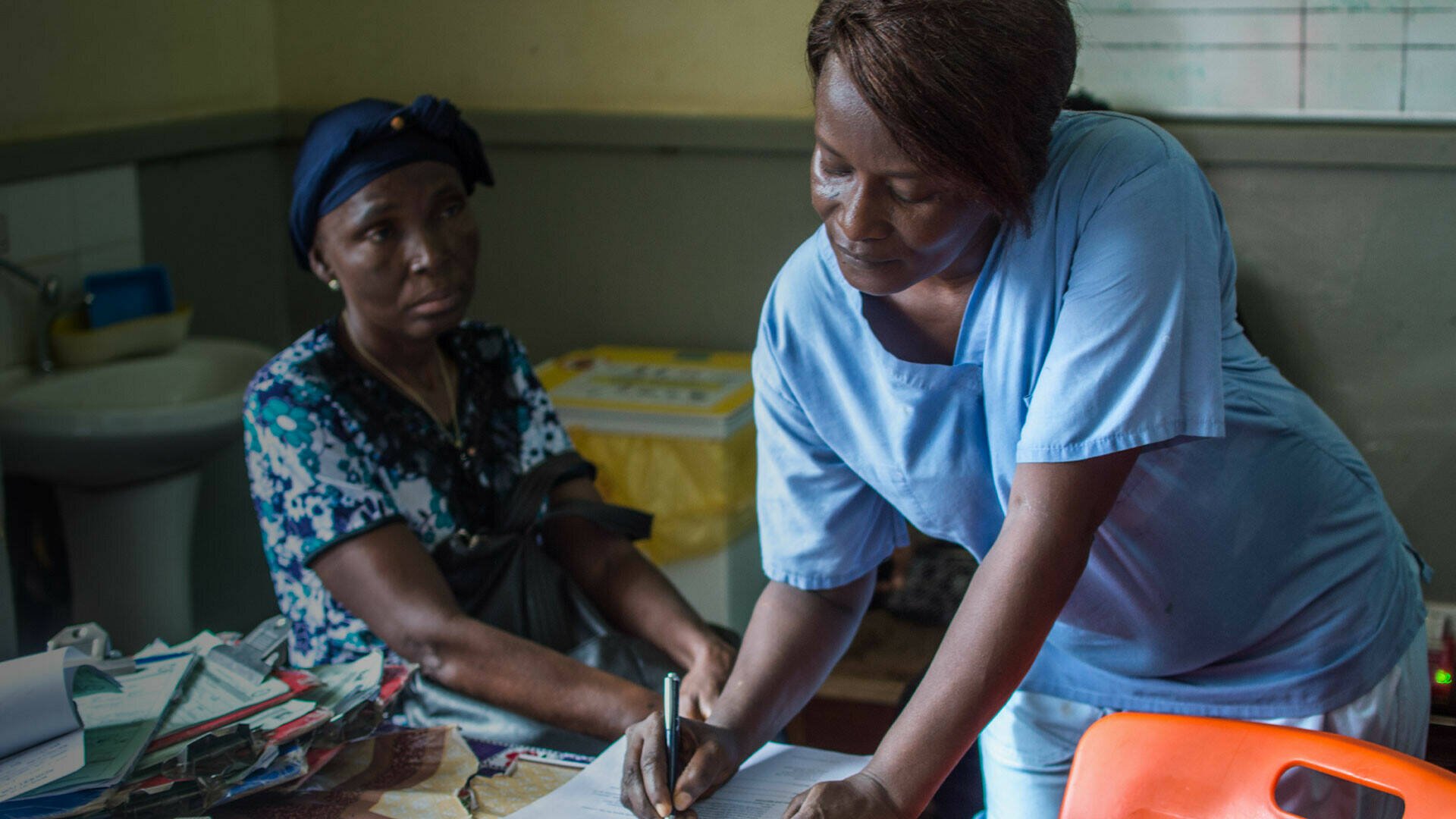
Lessons learned
Working during a disease outbreak means working under unusual circumstances. This is true for both researchers, the scientific reviewers and the EDCTP Secretariat. During the Ebola 2018 outbreak, EDCTP activated its Emergency Mechanism for the first time. This meant that all procedures and processes had to be quickly put in a ready-to-go state. The experience from the 2018 call fed into subsequent emergency response calls such as the COVID-19 emergency funding call in 2020.
Outbreaks are unpredictable by nature. The 2018 Ebola outbreak was relatively short, which was good news to the affected regions and populations, but for researchers gathering data on therapeutics and diagnostics, this posed a challenge in terms of study planning and design. For such projects, an alternative plan is required. The ADJUSTEBOV-GP-Dx project for instance opted to further validate the RDTs on samples for Sierra Leone, because field validation in DRC was no longer possible.
The 2018 Emergency call was very specific geographically as it addressed an outbreak in the DRC. The call included a focus on transborder surveillance and this enabled funding of research and strengthening of capacity in areas that would not have easy access to emergency funding through traditional calls open to them.
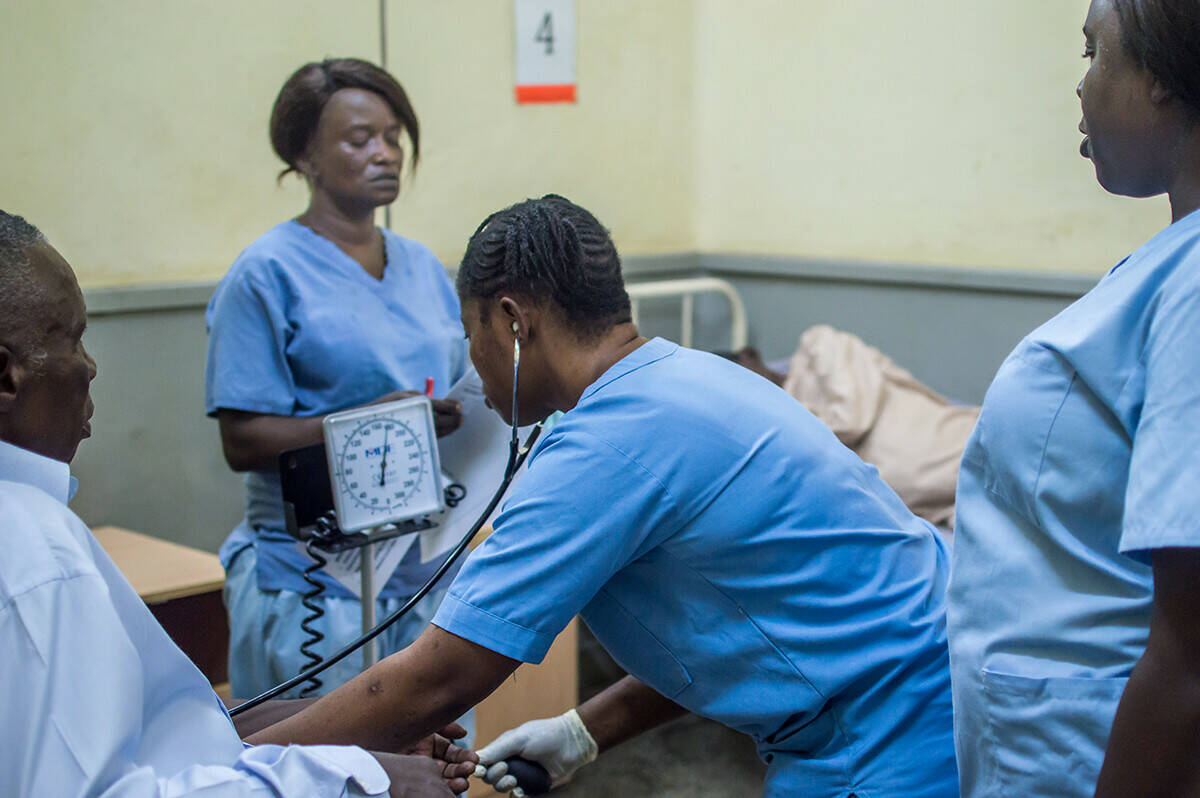
Work continues
The Ebola projects have recently closed and several of investigators are still analysing data. As more outbreak occur, field validation of diagnostic tools will continue, treatment strategies will be refined using recently generated knowledge, follow-up of survivors will be improved based on recent knowledge, and the value of the investments made by EDCTP through this call will better appreciated as data feed into policy and practice in countries responding to new outbreaks.
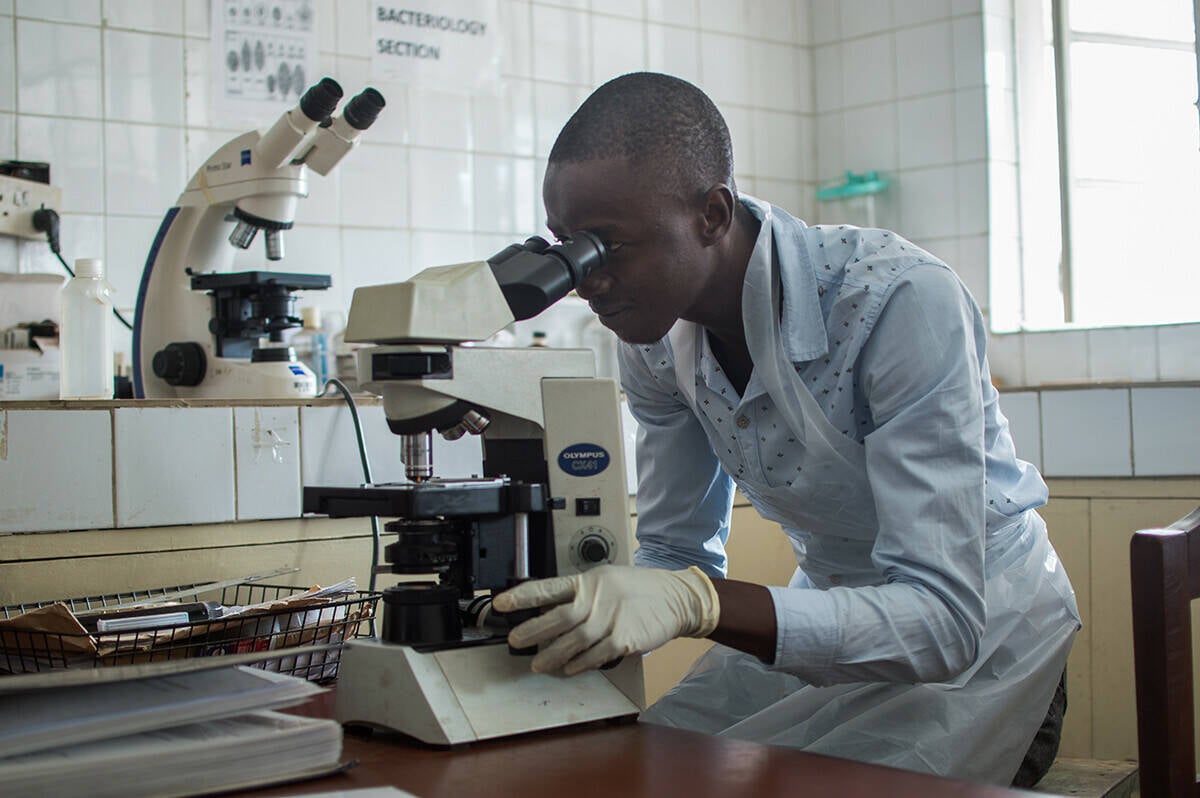
Read more
Epidemic preparedness and risk assessment for Ebola Virus Disease outbreaks in the Republic of Congo
Read more
Mobile point of care diagnostic testing for Ebola virus disease in DRC
Read more
Prise en charge améliorée de Maladie à Virus Ebola en situation d’urgence en République Démocratique du Congo
Read more
Leveraging capacity for early phase clinical trials for filoviruses in Uganda
Read more
Biochemical Adjustments of native EBOV Glycoprotein in Patient Sample to Unmask target-Epitopes for Rapid Diagnostic Testing
The projects
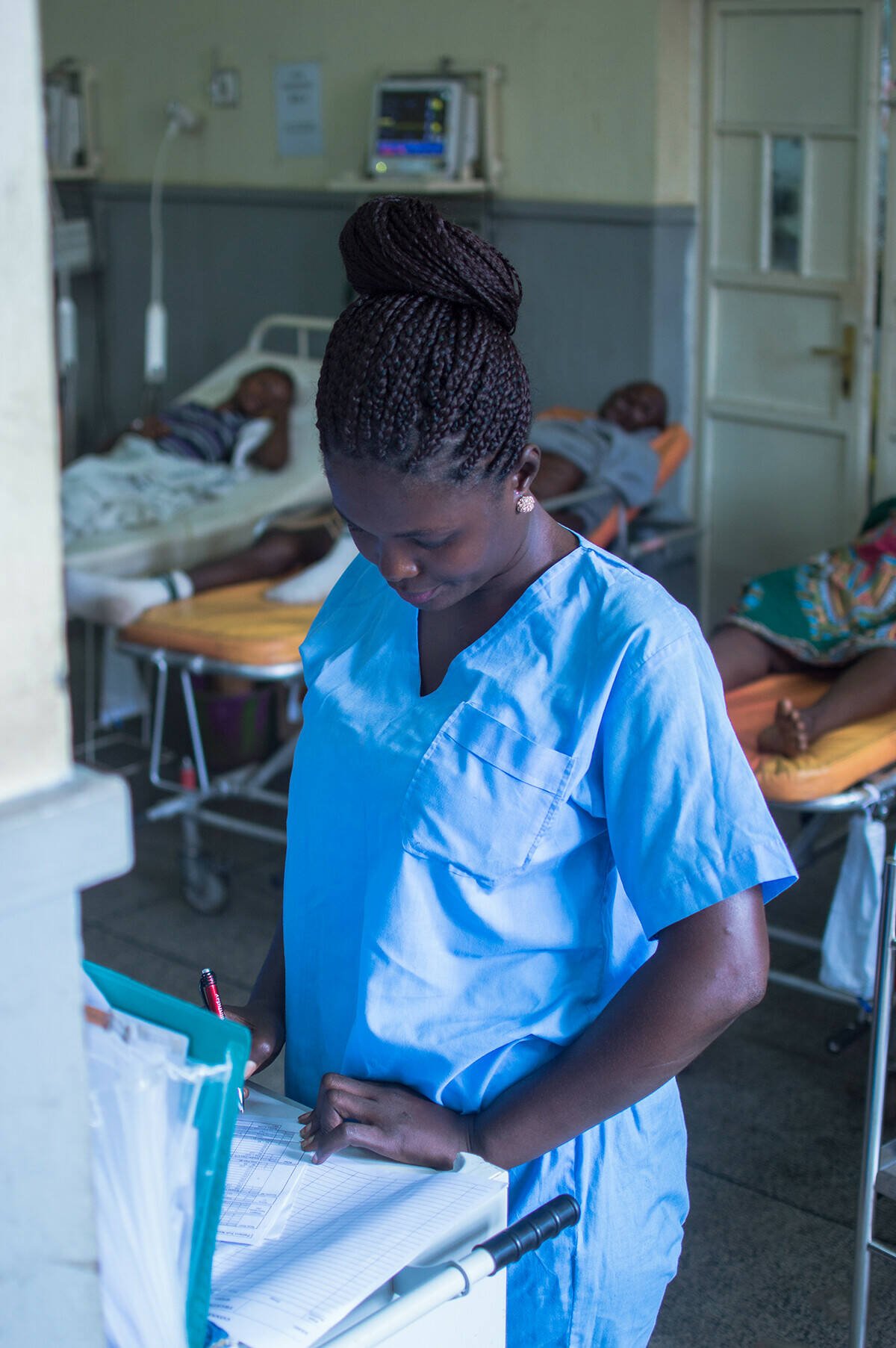
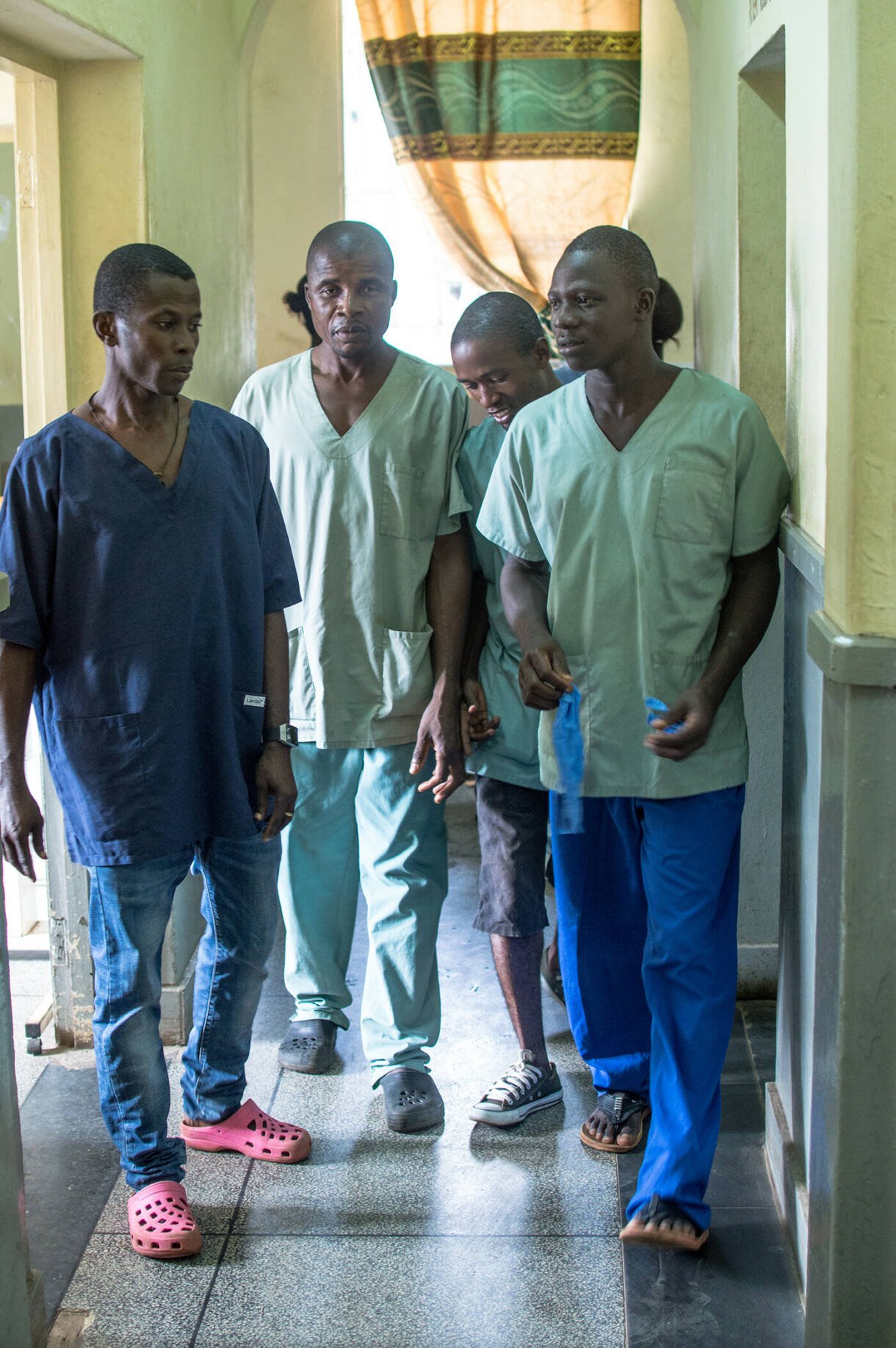
The call
- Clinical trials for therapeutics
- Diagnostics for screening and identification of affected individuals
- Clinical and epidemiological studies.
An expedited review procedure took place, and the ranking was approved by the EDCTP Board on 20 September 2018 and grant agreement preparations with the lead applicants of the five top ranking proposals were speedily implemented. All five consortia were informed that projects funded under this initiative could commence immediately with the date of submission of the proposal being the earliest possible starting date.
A Mobilisation of research funds in case of Public Health Emergencies call for proposals was launched on 3 September 2018 with a call budget of €2.25 million. The Emergency Call was open for seven days, with the closing date set on 10 September 2018.
The call focused on the following research priorities:
scroll down
Following the Ebola Virus Disease (EVD) outbreak in the Democratic Republic of Congo (DRC) as reported by the Ministry of Health to the World Health Organisation (WHO) on 1 August 2018, WHO actively started monitoring the outbreak and producing external situation reports. As of 29 August 2018, WHO assessment considered the public health risk to be high at the national and regional levels and low globally. In the light of rising numbers of cases that were being reported in the DRC and the high public health risk, EDCTP activated its emergency funding mechanism to support Research and Innovation Actions (RIAs) as part of the European response to the emergency.
The end of the tenth outbreak was declared in June 2020, and this outbreak is the longest and biggest in reference to number of deaths. After the tenth outbreak, DRC has been affected by four further smaller outbreaks, with the latest being the fourteenth which ended in July 2022. As we drafted this report, Uganda declared the end of an Ebola Sudan virus outbreak four months after the outbreak started. Both in DRC and Uganda, the researchers supported by EDCTP through the Ebola Emergency call were responding to the outbreak building on the knowledge gained from the tenth outbreak in DRC and other baseline experiences, informing the research response in terms of surveillance, diagnostics and treatment.
EDCTP is strengthening Africa’s emergency response capacity through supporting human workforce development, clinical trials, institutions and networks, and through providing emergency funding when an epidemic is declared. In this article, we zoom in on one of the pre-COVID-19 activities, namely the emergency funding provided during the outbreak of Ebola Virus Disease (EVD) in West Africa (2018).
While the COVID-19 pandemic hasn’t loosened its grip on the world yet, new infectious disease outbreaks continue to hurt peoples’ livelihoods and stress-testing countries’ preparedness and resilience. For funders and researchers alike, such emergencies require a great amount of agility, as well as preparedness for the unexpected.
Emergency funding for epidemic preparedness: the Ebola 2018 outbreak
scroll down

Lessons learned
Working during a disease outbreak means working under unusual circumstances. This is true for both researchers, the scientific reviewers and the EDCTP Secretariat. During the Ebola 2018 outbreak, EDCTP activated its Emergency Mechanism for the first time. This meant that all procedures and processes had to be quickly put in a ready-to-go state. The experience from the 2018 call fed into subsequent emergency response calls such as the COVID-19 emergency funding call in 2020.
Outbreaks are unpredictable by nature. The 2018 Ebola outbreak was relatively short, which was good news to the affected regions and populations, but for researchers gathering data on therapeutics and diagnostics, this posed a challenge in terms of study planning and design. For such projects, an alternative plan is required. The ADJUSTEBOV-GP-Dx project for instance opted to further validate the RDTs on samples for Sierra Leone, because field validation in DRC was no longer possible.
The 2018 Emergency call was very specific geographically as it addressed an outbreak in the DRC. The call included a focus on transborder surveillance and this enabled funding of research and strengthening of capacity in areas that would not have easy access to emergency funding through traditional calls open to them.
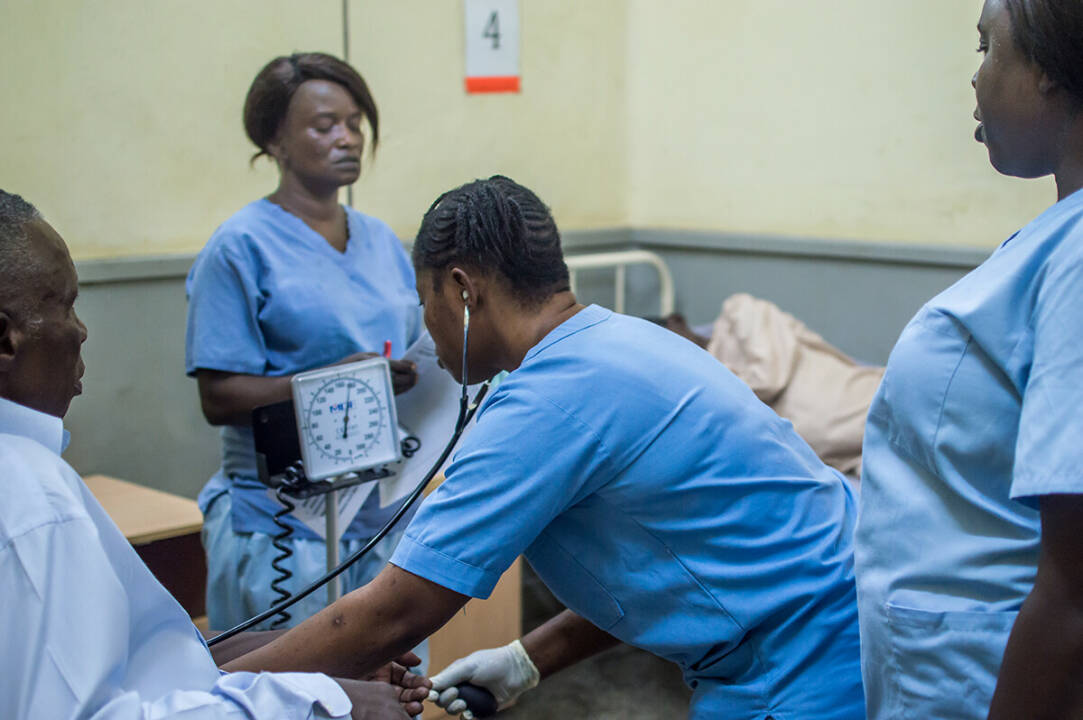
Read more
Epidemic preparedness and risk assessment for Ebola Virus Disease outbreaks in the Republic of Congo
Read more
Mobile point of care diagnostic testing for Ebola virus disease in DRC
Read more
Prise en charge améliorée de Maladie à Virus Ebola en situation d’urgence en République Démocratique du Congo
Read more
Leveraging capacity for early phase clinical trials for filoviruses in Uganda
Biochemical Adjustments of native EBOV Glycoprotein in Patient Sample to Unmask target-Epitopes for Rapid Diagnostic Testing
Read more
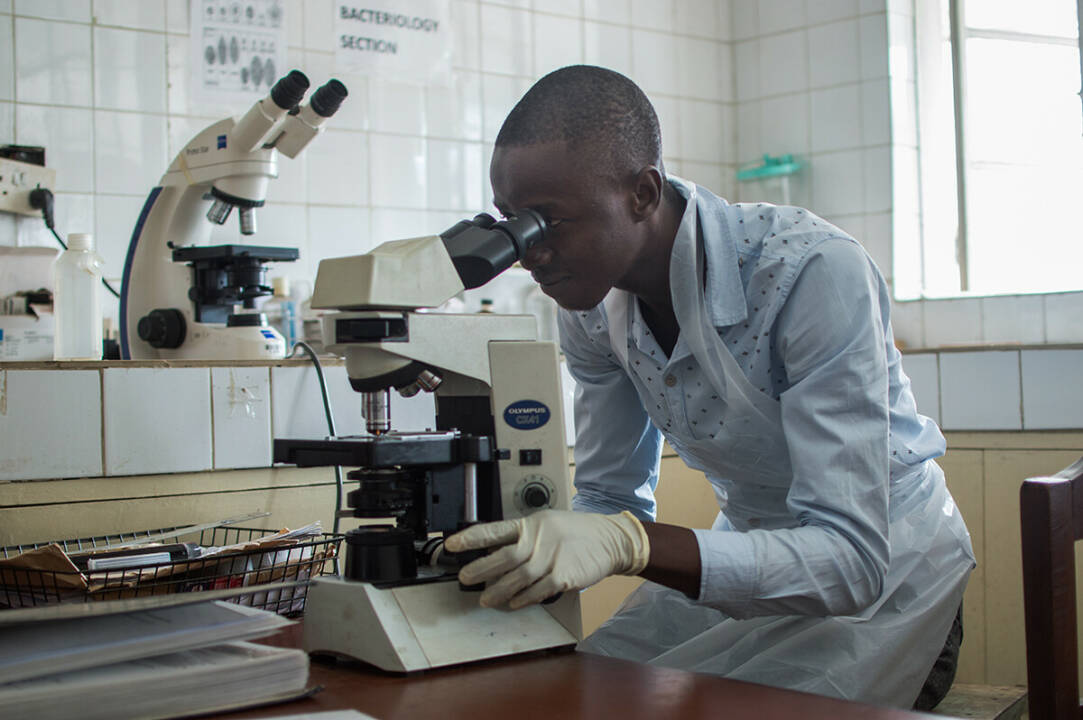
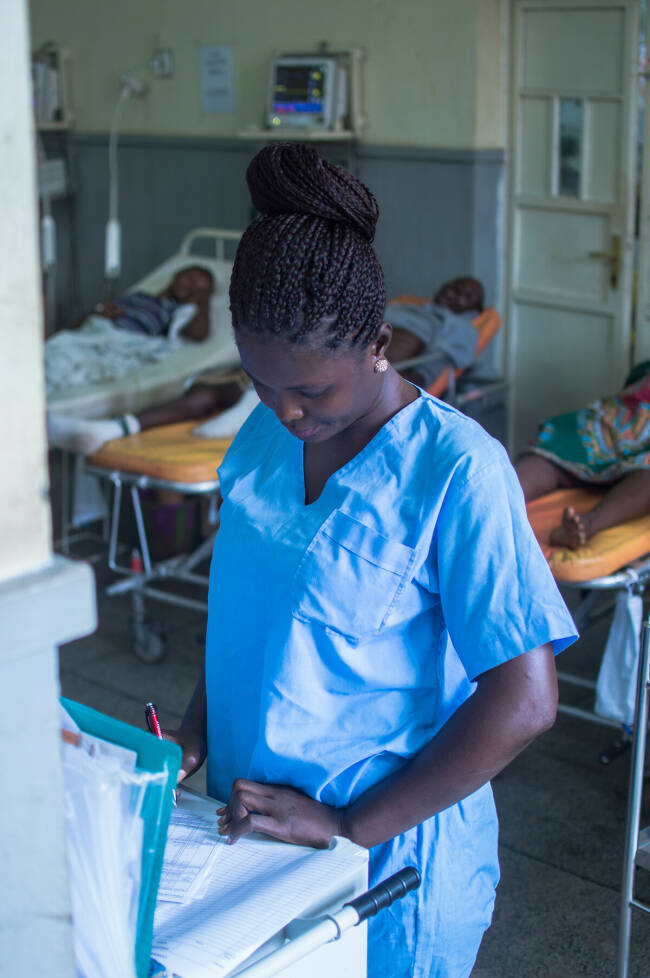

Work continues
The Ebola projects have recently closed and several of investigators are still analysing data. As more outbreak occur, field validation of diagnostic tools will continue, treatment strategies will be refined using recently generated knowledge, follow-up of survivors will be improved based on recent knowledge, and the value of the investments made by EDCTP through this call will better appreciated as data feed into policy and practice in countries responding to new outbreaks.
The projects
An expedited review procedure took place, and the ranking was approved by the EDCTP Board on 20 September 2018 and grant agreement preparations with the lead applicants of the five top ranking proposals were speedily implemented. All five consortia were informed that projects funded under this initiative could commence immediately with the date of submission of the proposal being the earliest possible starting date.
- Clinical trials for therapeutics
- Diagnostics for screening and identification of affected individuals
- Clinical and epidemiological studies.
The call
A Mobilisation of research funds in case of Public Health Emergencies call for proposals was launched on 3 September 2018 with a call budget of €2.25 million. The Emergency Call was open for seven days, with the closing date set on 10 September 2018.
The call focused on the following research priorities:
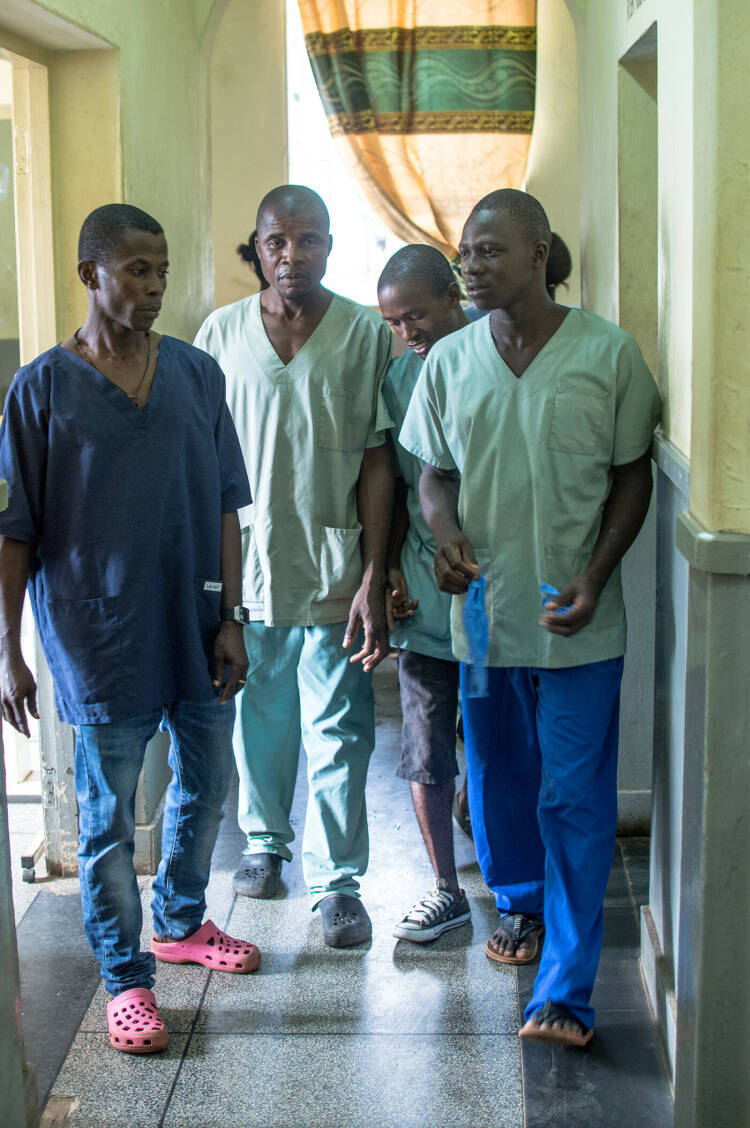
Following the Ebola Virus Disease (EVD) outbreak in the Democratic Republic of Congo (DRC) as reported by the Ministry of Health to the World Health Organisation (WHO) on 1 August 2018, WHO actively started monitoring the outbreak and producing external situation reports. As of 29 August 2018, WHO assessment considered the public health risk to be high at the national and regional levels and low globally. In the light of rising numbers of cases that were being reported in the DRC and the high public health risk, EDCTP activated its emergency funding mechanism to support Research and Innovation Actions (RIAs) as part of the European response to the emergency.
The end of the tenth outbreak was declared in June 2020, and this outbreak is the longest and biggest in reference to number of deaths. After the tenth outbreak, DRC has been affected by four further smaller outbreaks, with the latest being the fourteenth which ended in July 2022. As we drafted this report, Uganda declared the end of an Ebola Sudan virus outbreak four months after the outbreak started. Both in DRC and Uganda, the researchers supported by EDCTP through the Ebola Emergency call were responding to the outbreak building on the knowledge gained from the tenth outbreak in DRC and other baseline experiences, informing the research response in terms of surveillance, diagnostics and treatment.
EDCTP is strengthening Africa’s emergency response capacity through supporting human workforce development, clinical trials, institutions and networks, and through providing emergency funding when an epidemic is declared. In this article, we zoom in on one of the pre-COVID-19 activities, namely the emergency funding provided during the outbreak of Ebola Virus Disease (EVD) in West Africa (2018).